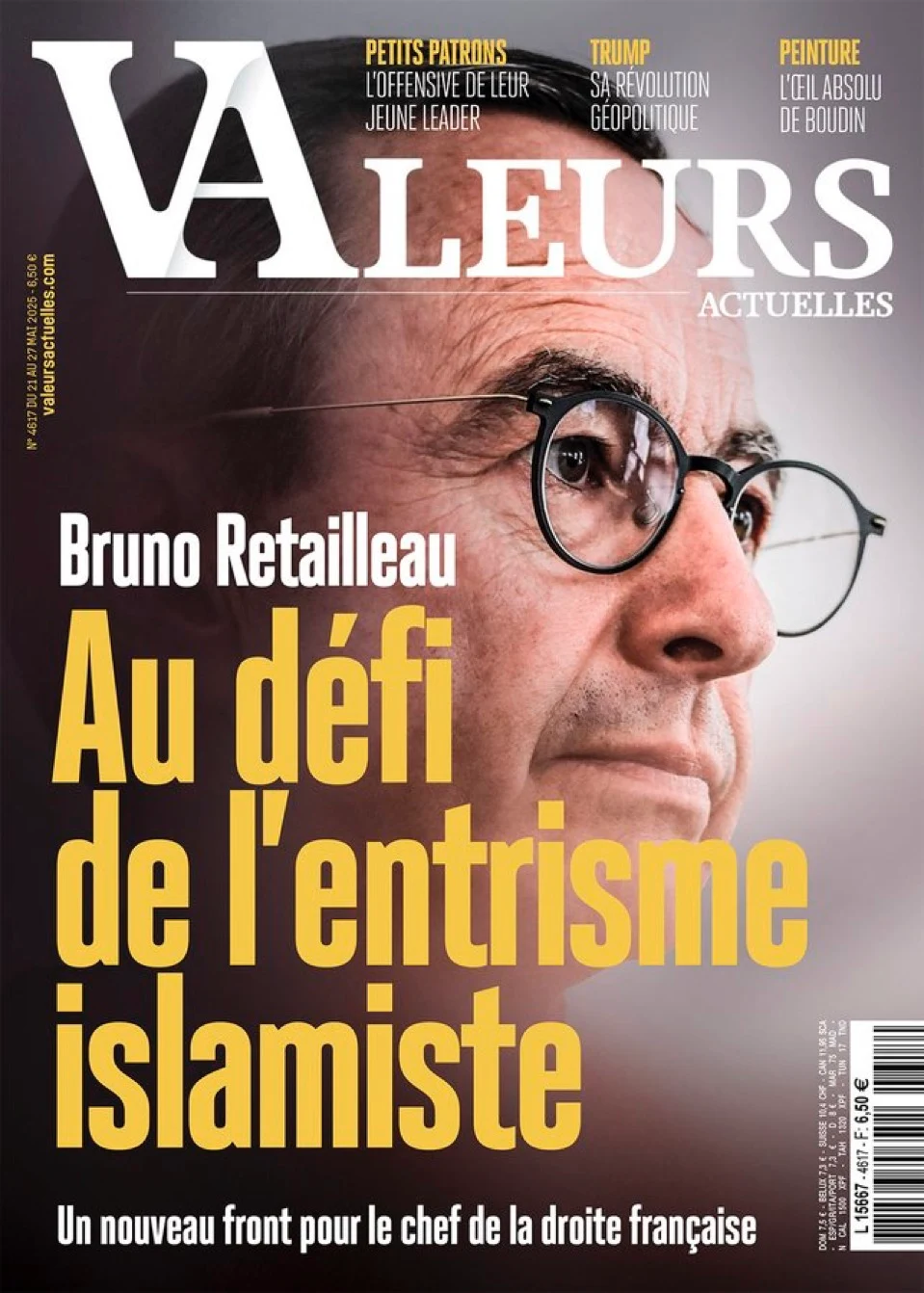The recent publication of a confidential report on the infiltration tactics of the Muslim Brotherhood into French institutions has sparked a flurry of controversy — not for its findings, but for the manner in which it was unveiled. Orchestrated by Interior Minister Bruno Retailleau, the release of the document appears less a matter of national security than a calculated move in a broader campaign of political positioning. What was originally intended as a tool for internal analysis has now become a spectacle — emblematic of a political approach that prioritises media attention over effective governance.

1. A Strategic Document Turned into a Political Prop
Commissioned by Retailleau’s predecessor, the report was designed as a working document, grounded in analysis and intended to support a discreet and structured response to the threat of ideological entrenchment in public institutions. According to sources familiar with its origin, it was never meant for public consumption — not out of secrecy, but to ensure operational effectiveness and avoid polarising interpretations.
By choosing to publicise the report, devoid of accompanying legislative or institutional action, Retailleau has effectively transformed a serious instrument of state strategy into a piece of political theatre. No reforms, no legislative initiatives, no new directives have followed — only headlines.
2. Instrumentalising a Serious Threat for Political Gain
The issue of Islamist entrenchment — particularly in the form of Muslim Brotherhood ideology — is not imaginary. It is a concern that warrants vigilance, expertise, and policy depth. But to frame this issue in inflammatory terms, without nuance or a constructive roadmap, risks feeding public anxiety, stigmatising French Muslims, and conflating religious belief with political subversion.
This is not the first time the Interior Minister has opted for spectacle over substance. During the recent Algerian diplomatic crisis — to which Retailleau was a central contributor — the pursuit of media attention severely undermined France’s regional posture for little strategic gain. The same pattern is now being repeated.
3. From Leading the Right to Courting the Far-Right
Bruno Retailleau’s political trajectory has long hinted at a hard-right orientation. After his successful bid for the presidency of Les Républicains, his focus appears to have shifted to occupying the ideological space between traditional conservatism and the far right. The publication of the Brotherhood report is part of this broader repositioning: not a security measure, but a political signal.
In this context, national security becomes less about protecting the Republic and more about asserting a political brand. The Interior Ministry is no longer an institution of quiet vigilance — it is a platform for rhetorical posturing, where every dossier becomes a lever in an ongoing campaign to dominate the political narrative.
4. A Government of Words, Not Deeds
What remains most troubling is the absence of action. The report’s public release was not followed by any concrete measures: no regulatory tightening, no judicial reforms, no new tools for local administrations. The Parliament was not engaged; the relevant institutions were not empowered. A strategic opportunity has thus been reduced to a communication stunt.
This speaks to a broader tendency within the current government: a preference for symbolic gestures over meaningful governance. In a time of genuine threats to national cohesion and democratic integrity, France deserves more than political choreography.
Conclusion
What is collapsing under the weight of opportunism is not merely a report’s confidentiality, but the very principle of serious governance. When national security is handled with the logic of a press release, the long-term consequences are damaging — not only to the institutions meant to protect the Republic, but to the public trust that sustains them.
Bruno Retailleau’s political calculus may win him airtime and applause from segments of the right. But the true cost is borne by the Republic: hollowed out, instrumentalised, and increasingly vulnerable to the very threats it seeks to contain.
By Belgacem Merbah
Comments
Post a Comment